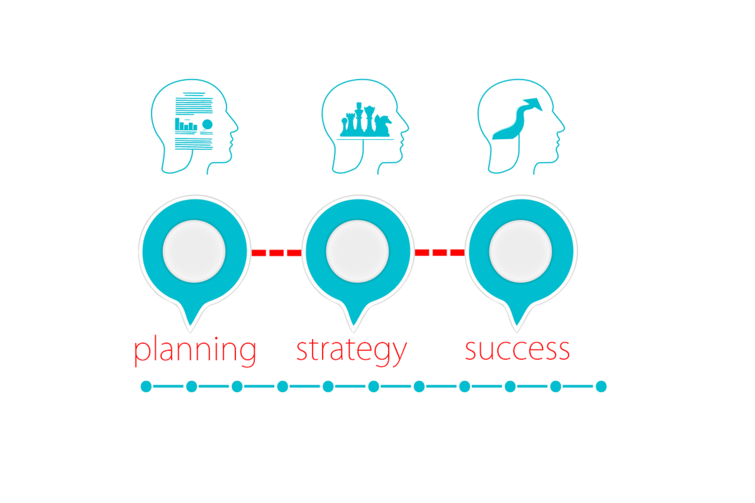
INTRODUCTION
Hi to everyone!
I’m going to start a thematic series of general interest. Today I expose my motifs and in the following posts I will go to more practical subjects. This is a topic that can be extended a lot over time but I will try to make it short and basic since I want to write about other topics but maybe in the future, I can do more about this.
Although the title of the post talks about “Millionaire Thinking”, that does not mean simply learning to think to earn millions of dollars but to learn to develop tools that allow us to enrich and improve our life in all aspects. This way of thinking has helped me to improve my life and I want to write about it. Simple.
Let's start...
How many times have you been in difficult situations that cost you a lot of work to solve?
And how many times have you wanted to have someone or something to teach you how to act to get out of these circumstances, a kind of beacon to guide you at all times?
How many times have you wanted to have a kind of life manual that teaches you how to live?
It’s clear that many people have the talent, mentors, and resources necessary to live a successful life (often other circumstances have a lot to do), but I think there are many more people who do not. It also turns out that so many times, even if you have the means, whether by pride or something else, we do not listen or follow the right path, wanting to do things our way, without stopping to think too much, ending up starry against a wall.
Then what do we do?
Learning to think strategically, just to begin...
I've been a martial artist all my life and I’ve learned to think strategically, not only in the martial or combat aspect, but also in the other aspects of life. This was already exposed by the Japanese Grandmaster of martial arts, Miyamoto Musashi, who lived his life based on that principle, leaving it embodied in his “The Book of Five Rings” (Go Rin No Sho).
Musashi was a warrior Ronin or warrior without lord in the feudal era of Japan. He participated in numerous death matches and great battles and the records indicate that he was never defeated.
Throughout his life he learned that the way of thinking that was required to fight effectively and successfully could also be extrapolated to other aspects of life to obtain the same results and turned that principle into his philosophy of life. I would say that Musashi was an individual ahead of his time.
Strategic thinking is something that should be taught to people from the early stages of childhood, from the moment when the child is capable of rational thinking. It is well said in some social circles that “life is like a game of Chess” and in some scientific circles that “the Universe is mathematical”.
Conflict (chaos, war, the struggle for survival, competition) is the most extreme aspect of human life and society and involves everything: the economy, the preservation of life, the care of our loved ones and spiritual contemplation. It’s inherent in all living beings and in the Universe (in the creation and destruction of planets, stars and systems) and is undeniable. Even harmony can’t exist if there was no chaos first and vice versa.
With all this, I do not mean that you have to be like a warrior or an aggressive person, but learn to always keep in mind that you have to be prepared to approach problems as something natural and develop the necessary tools to solve them.
Strategic thinking can help us to solve more efficiently each conflict that comes our way. I do believe, however, that the most difficult thing into this context is not to learn to think in this way but to achieve the emotional self-control necessary to be able to apply the tactics at all times. This is a key factor, but with practice and time, everything is possible.
The most basic aspects of strategic thinking include:
1. Explore the terrain
2. Measure strengths and weaknesses
3. Create an entry plan and an exit plan
In the middle of the plan are the tactical movements and at all times, we must consider the individual psychological state. All this can be created, modified and discarded at any time, when desired, at the will of the strategist (and there lies a point of vital importance).
Well, that's all for today. Stay close, I will expand on these basics later!